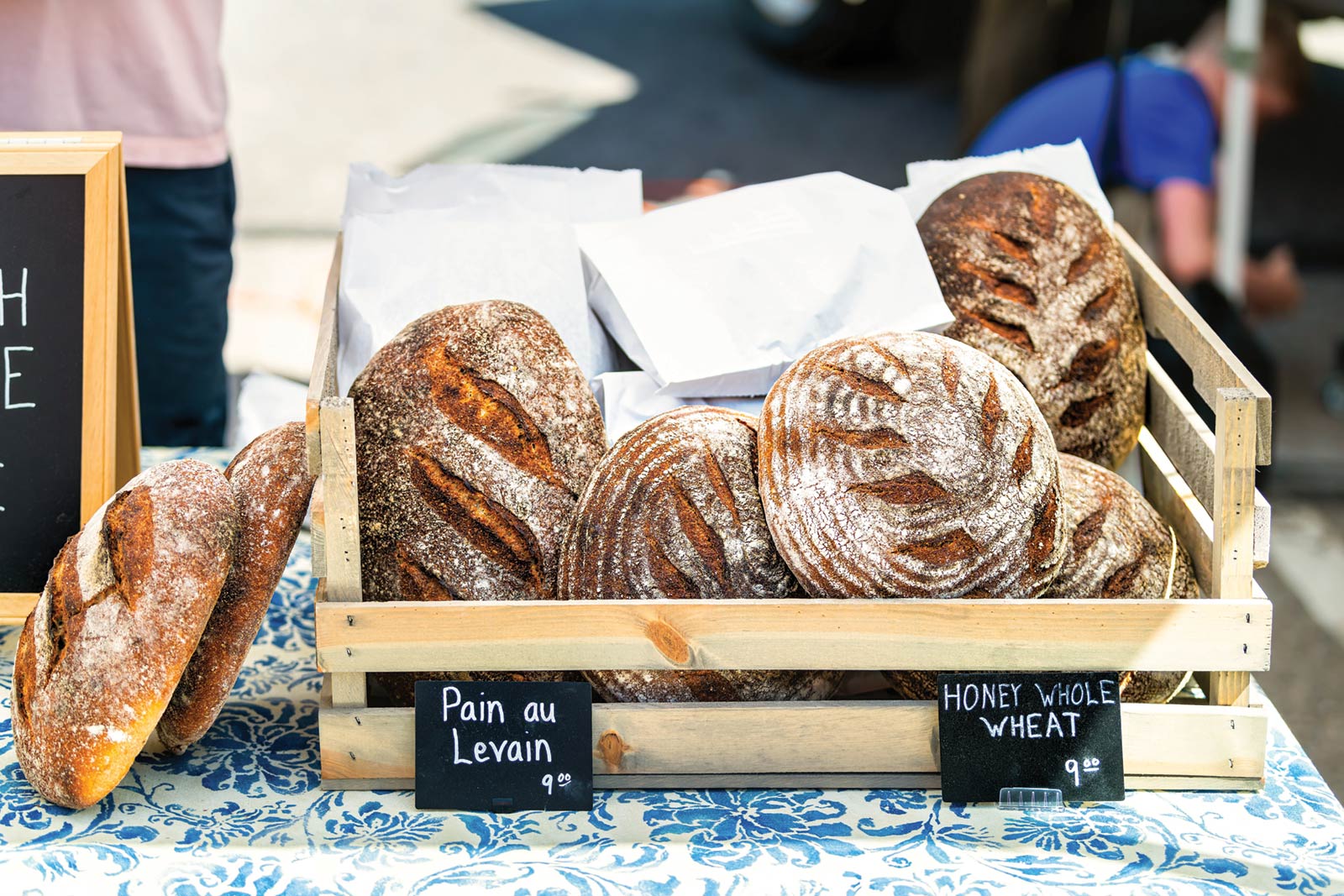The Nutrition of Comfort Food

How to maintain a healthy mindset towards eating while living at home.
Cooking is not my hobby. I’m the kind of girl who flinches at boiling water, gets anxiety using most kitchen appliances, and has stuck a metal fork in the microwave one too many times.
At least, that’s how I was before COVID.
Amid all of the stress, uncertainty, and waves of boredom that came hand-in-hand with the pandemic, I’ve found myself experimenting with recipes and foods. I started looking forward to prepping new meals, and I found a semblance of control in the kitchen that was desperately needed.
You maybe have experienced a similar change over the past few months, where your interactions with food simply don’t look the same as they did before. In a time of instability, food has become the source of comfort that many people, including me, have turned to.
As eating continues to play a larger role in our lives, it is now more important than ever to establish healthy habits, including learning how to moderate our intake as we stay at home. Jennifer Tveitnes, a dietician and nutrition counselor, offers us some advice on how to be healthy while still enjoying the foods we love.
A Nutritious Mindset
Though our attitudes around food have been geared towards comfort lately, Jennifer says our primary eating goal should be to give our body the nutrition it needs to feel good. “Before we put something in our mouths, we should stop and ask ourselves what that food is doing for us,” she says.
While some foods can directly increase energy, muscle growth, and digestive health, others can leave you feeling sluggish and overstuffed. Finding meals rich in nutrients can have an enormous impact on how both your mind and body feel.
Though eating healthy sometimes comes with a negative stigma of eating flavorless foods, Jennifer says that doesn’t have to be the case. “I think food should equal fuel plus fun,” she says. “Food is meant to fuel our bodies and give us good nutrition, but it is also meant to be enjoyed at the same time. Nutritious food doesn’t have to be bad or boring.”
“Food is meant to fuel our bodies and give us good nutrition, but it is also meant to be enjoyed at the same time. Nutritious food doesn’t have to be bad or boring.”
Jennifer Tveitnes, dietician and nutrition counselor
Set Realistic Goals that Work for You
Sometimes when we want to get on board with healthy eating and living, we tend to go over the top, crafting too-high expectations and stressing out over the numbers on the scale. Those goals aren’t always beneficial, Jennifer says, and health should be a priority over dropping pounds.
“If you try to change too much, then it’s going to be overwhelming,” Jennifer says. “Just pick one or maybe a few small things to work on, making small and achievable goals. That way, you can celebrate those goals when you accomplish them.”
Meal planning, partaking in physical activity, mindfully eating by taking small bites, and getting enough sleep are just a few small goals that can set you on the right path towards a healthier lifestyle as a whole.
All Food Is Meant to be Enjoyed
Yes, that even means those unhealthy foods you can’t let go of. Jennifer explains that as long as there is moderation and balance, no foods are bad, off-limits, or shameful.
“I really like the 80/20 rule,” Jennifer says. “Eighty percent of your diet should be nutritious foods, and 20 percent can be fun or foods that don’t provide as much nutrition.”
So if coping with quarantine means you want to dig into some Ben & Jerry’s, do it! Just don’t forget to balance out your day with other nutrients that will fuel your body and mind to be at their peak performance along the way.


